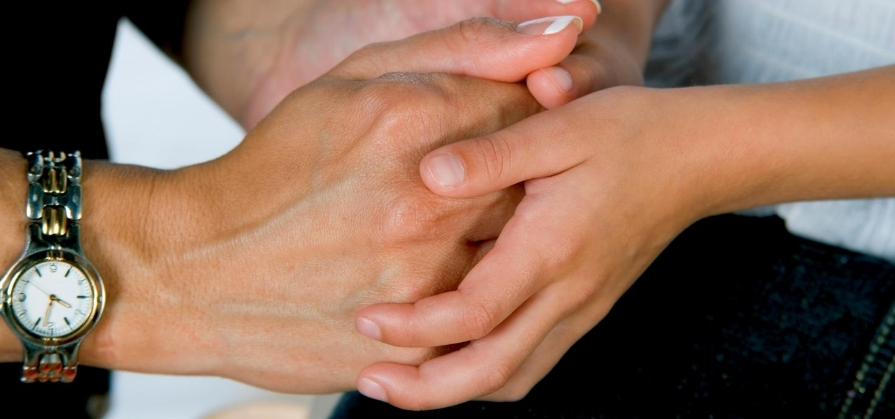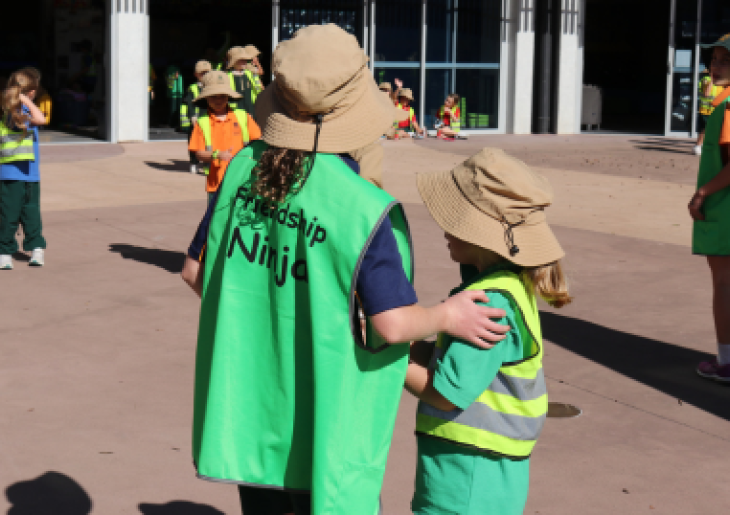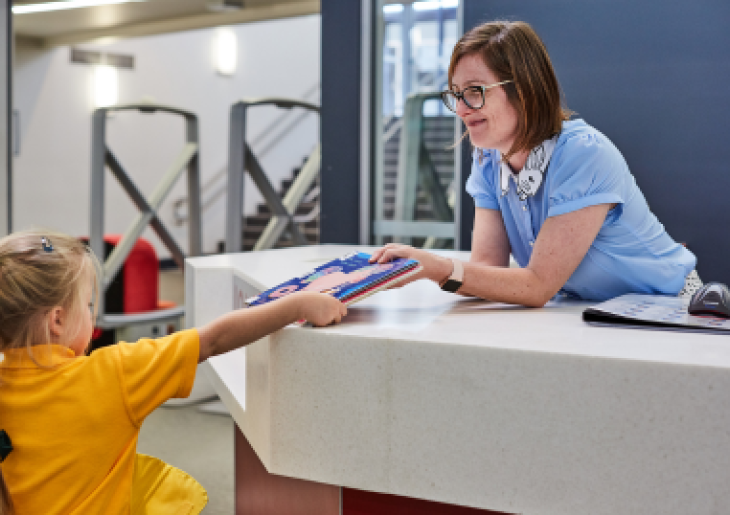Restless, unsettled and struggling

The increase in Coronavirus cases and deaths across Victoria and parts of NSW and Sydney can leave some of us feeling unsettled. And for our children and teens the impact can be just as confounding.
Whilst children can show great resilience and strength, the ability for some children to cope with these challenges has gone backwards.
Some have struggled to re-establish friendships or are finding it hard without face to face cocurricular activities to engage and keep them active. Excursions, House Families, assemblies, formals, camps and Junior and Senior Musical productions, and cocurricular Sport – these activities helped connect students. At the moment, many are unable to take place.
We know many children and teens have felt a sense of grief and great disappointment. For some parents, these feelings can be mutually painful. And the unknown of what might be ahead plays on minds and hearts as well.
Overall we've found that students are managing extremely well - they are resilient and continue to seek the good in what can sometimes feel like a bad situation.
However, we do know that some children may bottle up their feelings, and hide their anxiety or upset. As carers, parents and educators we can all work together to keep an eye out for the tell-tale signs that your child might be struggling.
We spoke to CCGS School Psychologist, Dr Kylie McIntyre to give us some tips and things to look out for.
"Firstly, as a parent, trust your instincts! You have lived with your child for a long time and you are in the best position to notice any significant and ongoing shifts in their behaviour. Things to be on the lookout for include changes in sleep routine, exercise, diet/nutrition and social connections."
"Secondly, remember to keep the lines of communication open. Learn to talk with your child in an age appropriate manner. This may mean you need to engage in the activities they enjoy."
According to Reachout.com if your child is struggling it’s important to talk to them and check in. They give the following tips to start a conversation.
- Pick a time when you’re not rushed and a place where your teen feels comfortable.
- Be honest with them if you feel a bit awkward talking to them about mental health.
- Tune into their feelings. Ask them how they’re feeling, and then really listen to them. Don’t rush to fill silences or to offer solutions.
- Don’t dismiss or downplay their feelings, even if hearing about them makes you uncomfortable. Mental health difficulties can happen at any age.
For further help visit Reachout.com, Beyond Blue or the Kids Helpline.




